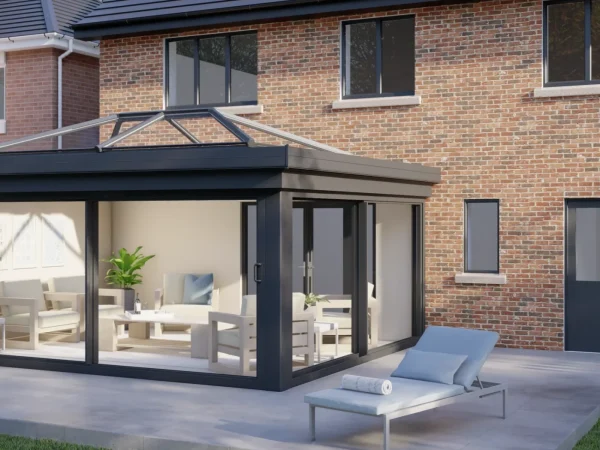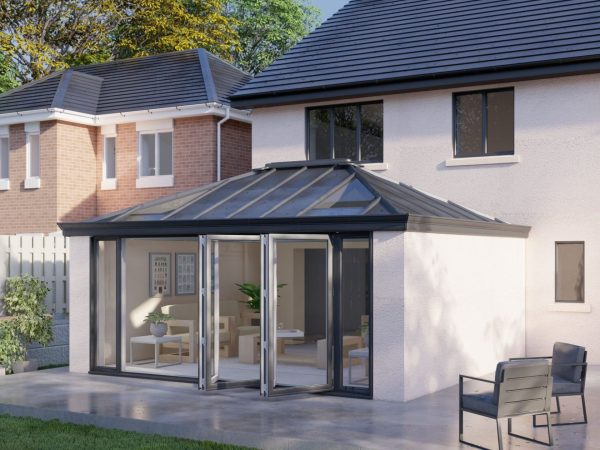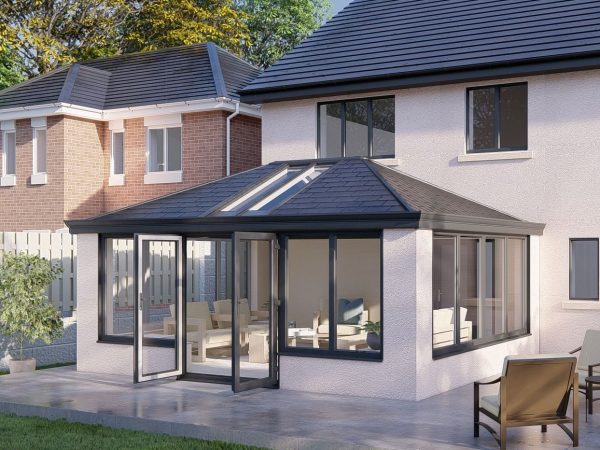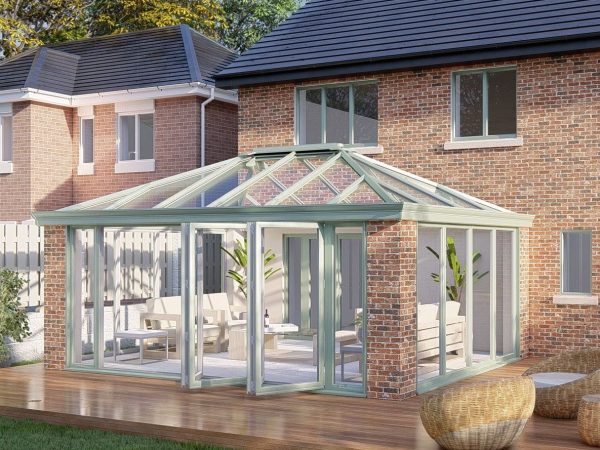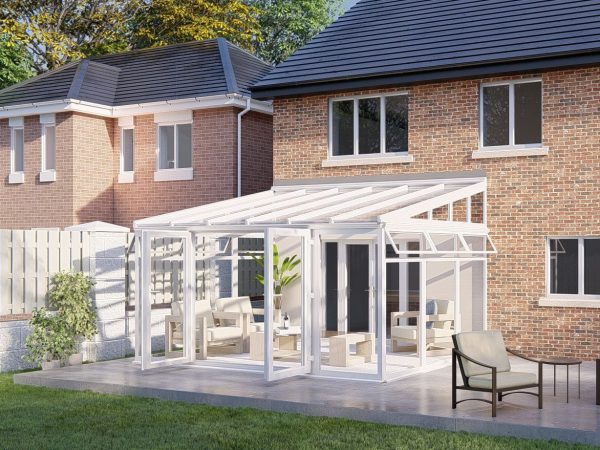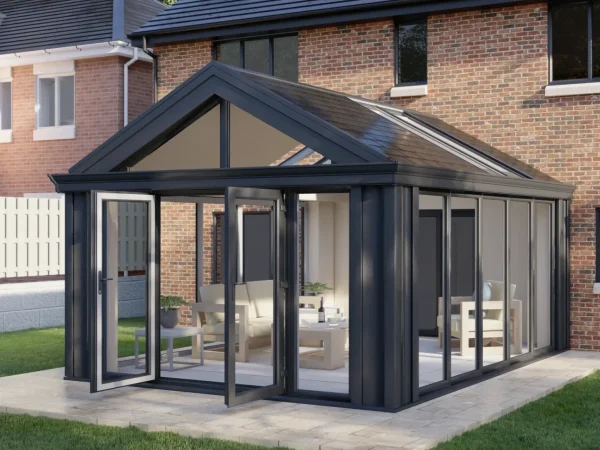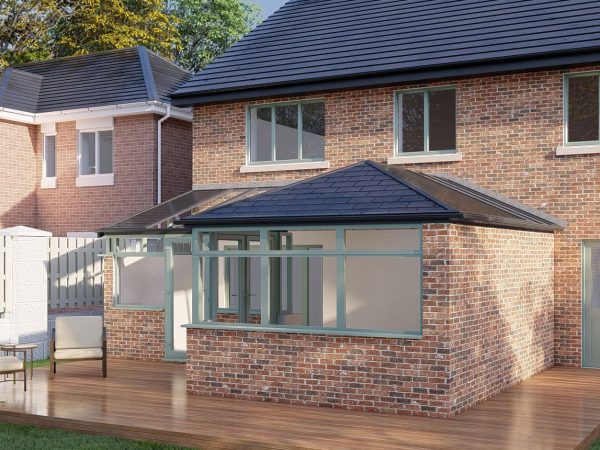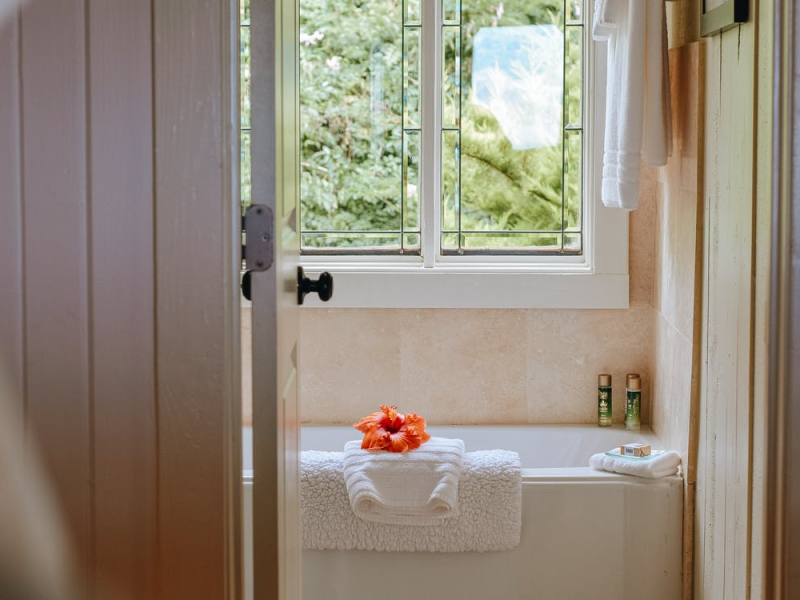What is the best glass for reducing noise?
Listening to your own music and family chatter is all well and good, but when it comes to noise outside your home, you’d rather it stay out of earshot. Whether it’s the dog next door, the beeping of cars or a construction site nearby, noise pollution is annoying at best, and a serious disruption at worst.
Thankfully, by taking the necessary steps towards soundproofing your home, you can significantly reduce the amount of noise that makes it inside – restoring that much-needed peace and tranquillity.
What is soundproofing?
Soundproofing is the process of blocking noise from entering or leaving a room – or your whole house. There are a number of ways to do this. One is to increase the distance between the source of the noise and the person hearing it. Moving to the other side of the room and closing doors is a rudimentary – yet somewhat effective – method to soundproof a room in your house.
Alternatively, there are certain materials that absorb, reflect, dampen or decouple noise – essentially capturing and mitigating the vibrations before they reach the interior of your home.
These materials are often utilised in the initial construction of a house – such as acoustic matting in its frame, foam insulation within the walls and underlay beneath the carpets. This might leave you wondering how much can be done to an existing property without major renovations – but there are a number of changes you can make, and replacing your windows is one of them.
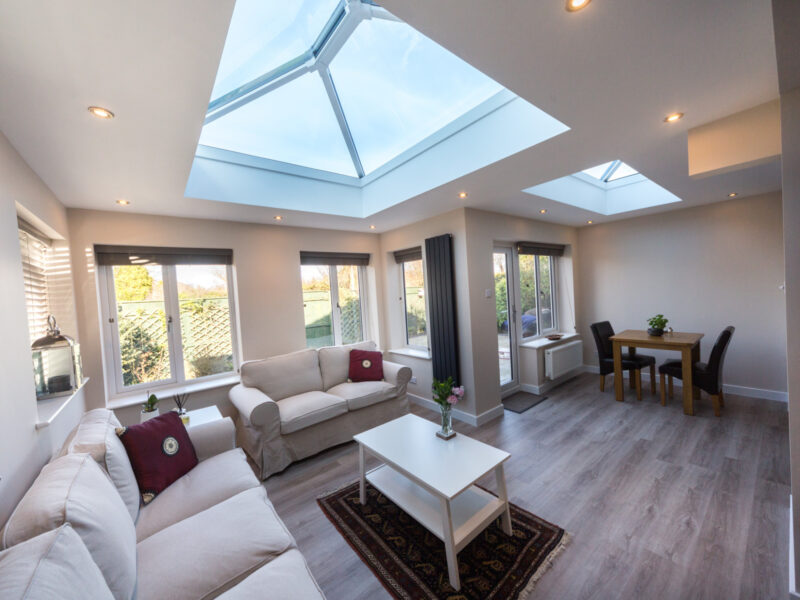 Architect Designed Living Spaces
Architect Designed Living Spaces
 Finance Options Available
Finance Options Available
